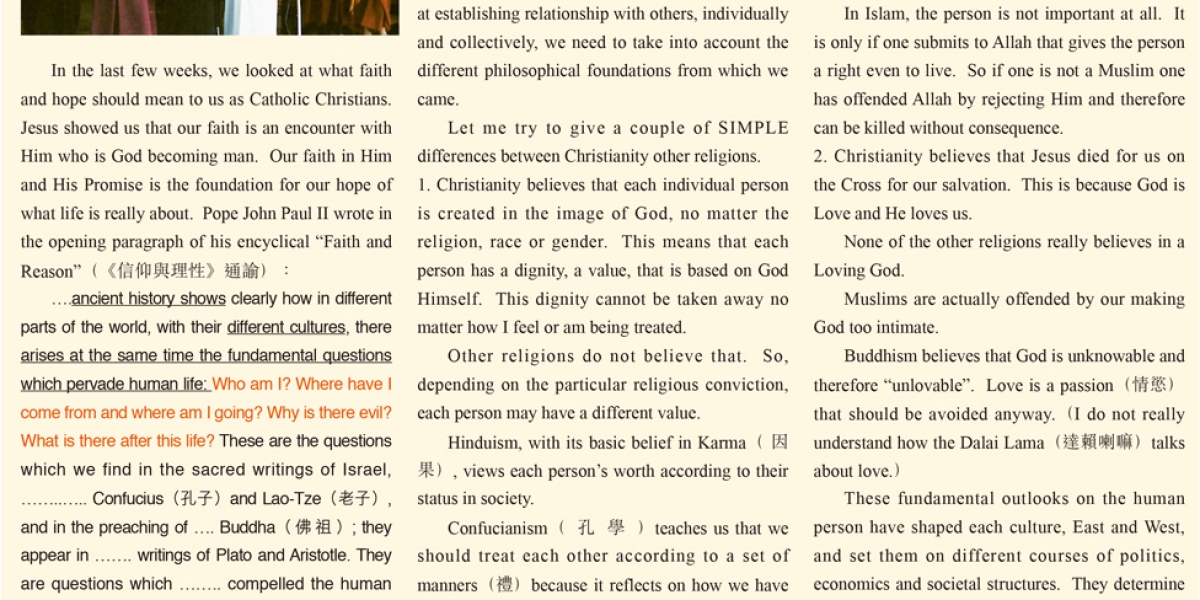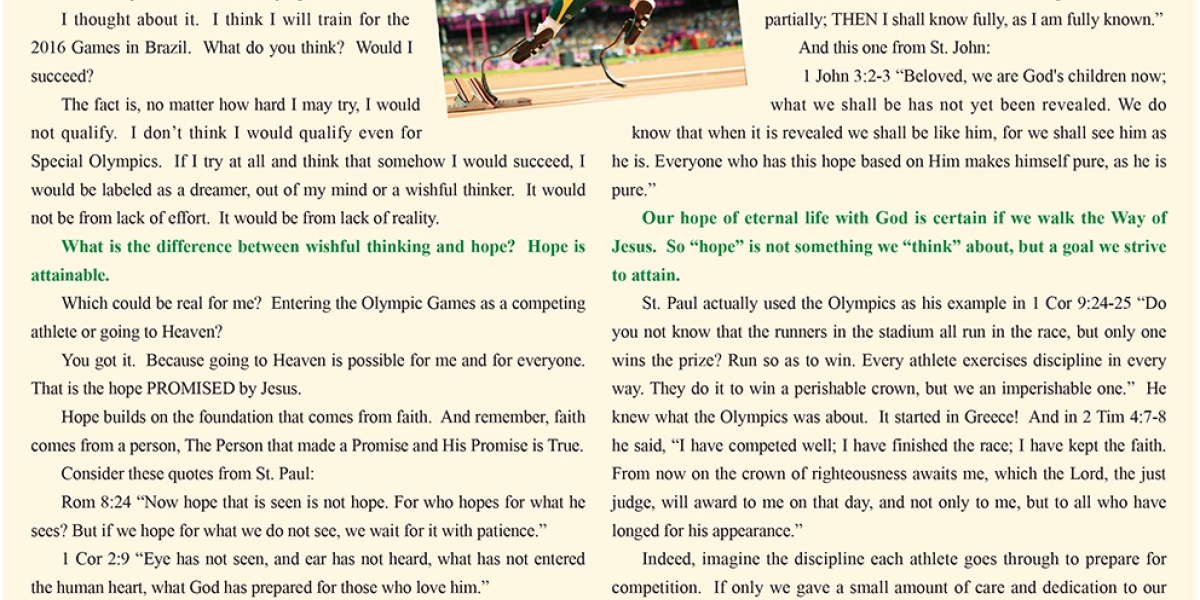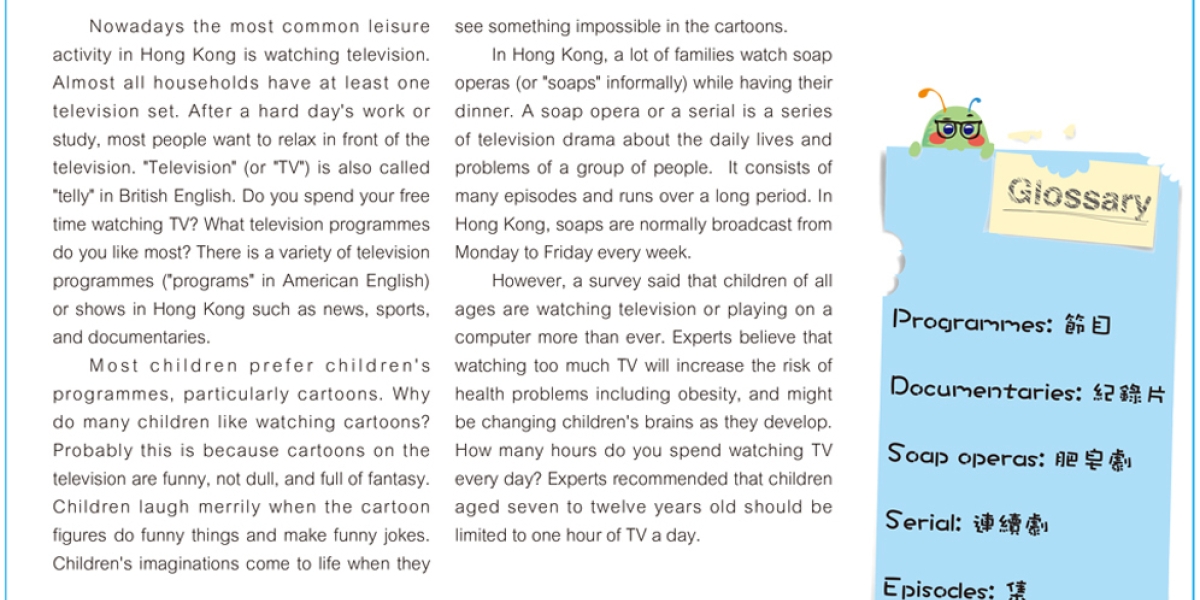昔日文章


Neither East Nor West
2012.12.02
Faith and Culture
In the last few weeks, we looked at what faith and hope should mean to us as Catholic Christians. Jesus showed us that our faith is an encounter with Him who is God becoming man. Our faith in Him and His Promise is the foundation for our hope of what life is really about. Pope John Paul II wrote in the opening paragraph of his encyclical “Faith and Reason”(《信仰與理性》通諭):
….ancient history shows clearly how in different parts of the world, with their different cultures, there arises at the same time the fundamental questions which pervade human life: Who am I? Where have I come from and where am I going? Why is there evil? What is there after this life? These are the questions which we find in the sacred writings of Israel, ……..….. Confucius(孔子)and Lao-Tze(老子), and in the preaching of …. Buddha(佛祖); they appear in ……. writings of Plato and Aristotle. They are questions which …….. compelled the human heart. In fact, the answer given to these questions decides the direction which people seek to give to their lives.
It is this ANSWER that has influenced each culture and society so much so that when we look at establishing relationship with others, individually and collectively, we need to take into account the different philosophical foundations from which we came.
Let me try to give a couple of SIMPLE differences between Christianity other religions.
1. Christianity believes that each individual person is created in the image of God, no matter the religion, race or gender. This means that each person has a dignity, a value, that is based on God Himself. This dignity cannot be taken away no matter how I feel or am being treated.
Other religions do not believe that. So, depending on the particular religious conviction, each person may have a different value.
Hinduism, with its basic belief in Karma(因果), views each person’s worth according to their status in society.
Confucianism(孔學)teaches us that we should treat each other according to a set of manners(禮)because it reflects on how we have been taught and brought up. That is, it is not how you are treated that is important, but how I treat you. It is my value that has been affected. If I do not treat you as you should, I have disgraced, devalued, myself.
In Islam, the person is not important at all. It is only if one submits to Allah that gives the person a right even to live. So if one is not a Muslim one has offended Allah by rejecting Him and therefore can be killed without consequence.
2. Christianity believes that Jesus died for us on the Cross for our salvation. This is because God is Love and He loves us.
None of the other religions really believes in a Loving God.
Muslims are actually offended by our making God too intimate.
Buddhism believes that God is unknowable and therefore “unlovable”. Love is a passion(情慾)that should be avoided anyway.(I do not really understand how the Dalai Lama(達賴喇嘛)talks about love.)
These fundamental outlooks on the human person have shaped each culture, East and West, and set them on different courses of politics, economics and societal structures. They determine the way we treat our friends, our enemies and our casual acquaintances. We will look at some of these next time.


Neither East Nor West
2012.11.18
Olympics Anyone?
Did you watch Oscar Pistorius run in the 400 meters at the London Olympic Games this summer? What an athlete!
Wouldn’t you want to be an Olympian too?
I thought about it. I think I will train for the 2016 Games in Brazil. What do you think? Would I succeed?
The fact is, no matter how hard I may try, I would not qualify. I don’t think I would qualify even for Special Olympics. If I try at all and think that somehow I would succeed, I would be labeled as a dreamer, out of my mind or a wishful thinker. It would not be from lack of effort. It would be from lack of reality.
What is the difference between wishful thinking and hope? Hope is attainable.
Which could be real for me? Entering the Olympic Games as a competing athlete or going to Heaven?
You got it. Because going to Heaven is possible for me and for everyone. That is the hope PROMISED by Jesus.
Hope builds on the foundation that comes from faith. And remember, faith comes from a person, The Person that made a Promise and His Promise is True.
Consider these quotes from St. Paul:
Rom 8:24 “Now hope that is seen is not hope. For who hopes for what he sees? But if we hope for what we do not see, we wait for it with patience.”
1 Cor 2:9 “Eye has not seen, and ear has not heard, what has not entered the human heart, what God has prepared for those who love him.”
2 Cor 4:17-18 “…we look not to the things that are seen but to the things that are unseen. For the things that are seen are transient, but the things that are unseen are eternal.”
1 Cor 13: 9-10, 12 “For we know partially and we prophesy partially, but when the perfect comes, the partial will pass away. …. At present we see indistinctly, as in a mirror, but THEN face to face. At present I know partially; THEN I shall know fully, as I am fully known.”
And this one from St. John:
1 John 3:2-3 “Beloved, we are God's children now; what we shall be has not yet been revealed. We do know that when it is revealed we shall be like him, for we shall see him as he is. Everyone who has this hope based on Him makes himself pure, as he is pure.”
Our hope of eternal life with God is certain if we walk the Way of Jesus. So “hope” is not something we “think” about, but a goal we strive to attain.
St. Paul actually used the Olympics as his example in 1 Cor 9:24-25 “Do you not know that the runners in the stadium all run in the race, but only one wins the prize? Run so as to win. Every athlete exercises discipline in every way. They do it to win a perishable crown, but we an imperishable one.” He knew what the Olympics was about. It started in Greece! And in 2 Tim 4:7-8 he said, “I have competed well; I have finished the race; I have kept the faith. From now on the crown of righteousness awaits me, which the Lord, the just judge, will award to me on that day, and not only to me, but to all who have longed for his appearance.”
Indeed, imagine the discipline each athlete goes through to prepare for competition. If only we gave a small amount of care and dedication to our spiritual life, the diet, the schedule of practice, listening to the coach, the persistence …..
More next week.


Neither East Nor West
2012.11.04
What is an elephant?
What is an elephant? How does one describe it?
Even better than that, how does one tell a blind person what an elephant looks like?
Or if you take a blind person up to an elephant and let him touch it, how would he describe what he felt? And if you take different blind persons to touch an elephant how will their descriptions be different?
And if they sit down and explain to each other their various experiences, would they end up contradicting each other, and yelling at the other person(s) for being wrong, being stubborn, or even accusing each other for being deliberately closed minded?
Often there are differences in experiences that may seemingly disagree with or even contradict each other. That is because we all are, to a degree, blind. Our experiences, because of that blindness that comes from the Original Sin of Adam and Eve, are not complete. Our experiences need to be verified, to make sure that we have the true and complete picture.
Our personal experience is called subjective (主觀)truth, truth as I “see” it.
We need to compare that to the “real” or objective (客觀)truth, truth as it “really” is.
What we hold to be true must not be based upon merely our personal experiences. And when we differ with someone else, we must also be receptive to the idea that we could be wrong, or at least not totally correct. We may be missing something from the whole picture.
In the areas of “Faith”, yeah, we are back to that, the Catholic Church professes that Jesus did not only teach us the Truth, He gave us St. Peter and those who came after him, with their responsibility to pass on the WHOLE Truth of His Teachings.
This is important. As Catholics, we really believe that the Church is Jesus truly present in the world, speaks to the world and saves the world. When we say that we believe in the person of Jesus, we must also say that we believe in the “person” of the Church. That is why we do not have a church that is led by just anyone claiming to speak for Jesus. He must be a person designated by the successor of St. Peter. We will look more closely at this later. For now, we will stay with what is called the Four Marks of the Church(教會的四個特徵): “One, Holy, Catholic and Apostolic.” (教會是唯一、至聖、至公、從宗徒傳下來的)(CCC 811)
There is only ONE Truth. This is because there is only ONE Lord, ONE faith, ONE Baptism. (Eph. 4:5)
This Truth is Holy because Jesus is the Truth and He is Holy.
It is Catholic, the word meaning “universal”, because Jesus meant to give it to ALL, for He is the God of all creation.
And it is apostolic because Jesus commanded the apostles “to teach everything [He] has commanded.” (Mt. 28:20)
So, for us Catholics, this Faith is not dependent upon how I feel about God (re: last week’s article) nor just my personal experience. My confidence in the faith is precisely because it is lovingly given to me by God through His beloved, the Church. It is like my calculus teacher in high school. He made it so simple and easy to grasp that we were eager to go to his class. God wants us to know Him and He has given us wonderful teachers like Blessed Pope John Paul and now Pope Benedict to pass on the faith.
Open your eyes, to see the whole elephant. And be careful where you step!


English Around the World
2012.10.28
Watching Television
Nowadays the most common leisure activity in Hong Kong is watching television. Almost all households have at least one television set. After a hard day's work or study, most people want to relax in front of the television. "Television" (or "TV") is also called "telly" in British English. Do you spend your free time watching TV? What television programmes do you like most? There is a variety of television programmes ("programs" in American English) or shows in Hong Kong such as news, sports, and documentaries.
Most children prefer children's programmes, particularly cartoons. Why do many children like watching cartoons? Probably this is because cartoons on the television are funny, not dull, and full of fantasy. Children laugh merrily when the cartoon figures do funny things and make funny jokes. Children's imaginations come to life when they see something impossible in the cartoons.
In Hong Kong, a lot of families watch soap operas (or "soaps" informally) while having their dinner. A soap opera or a serial is a series of television drama about the daily lives and problems of a group of people. It consists of many episodes and runs over a long period. In Hong Kong, soaps are normally broadcast from Monday to Friday every week.
However, a survey said that children of all ages are watching television or playing on a computer more than ever. Experts believe that watching too much TV will increase the risk of health problems including obesity, and might be changing children's brains as they develop. How many hours do you spend watching TV every day? Experts recommended that children aged seven to twelve years old should be limited to one hour of TV a day.
Glossary:
Programmes:節目
Documentaries:紀錄片
Soap operas:肥皂劇
Serial:連續劇
Episocles:集


